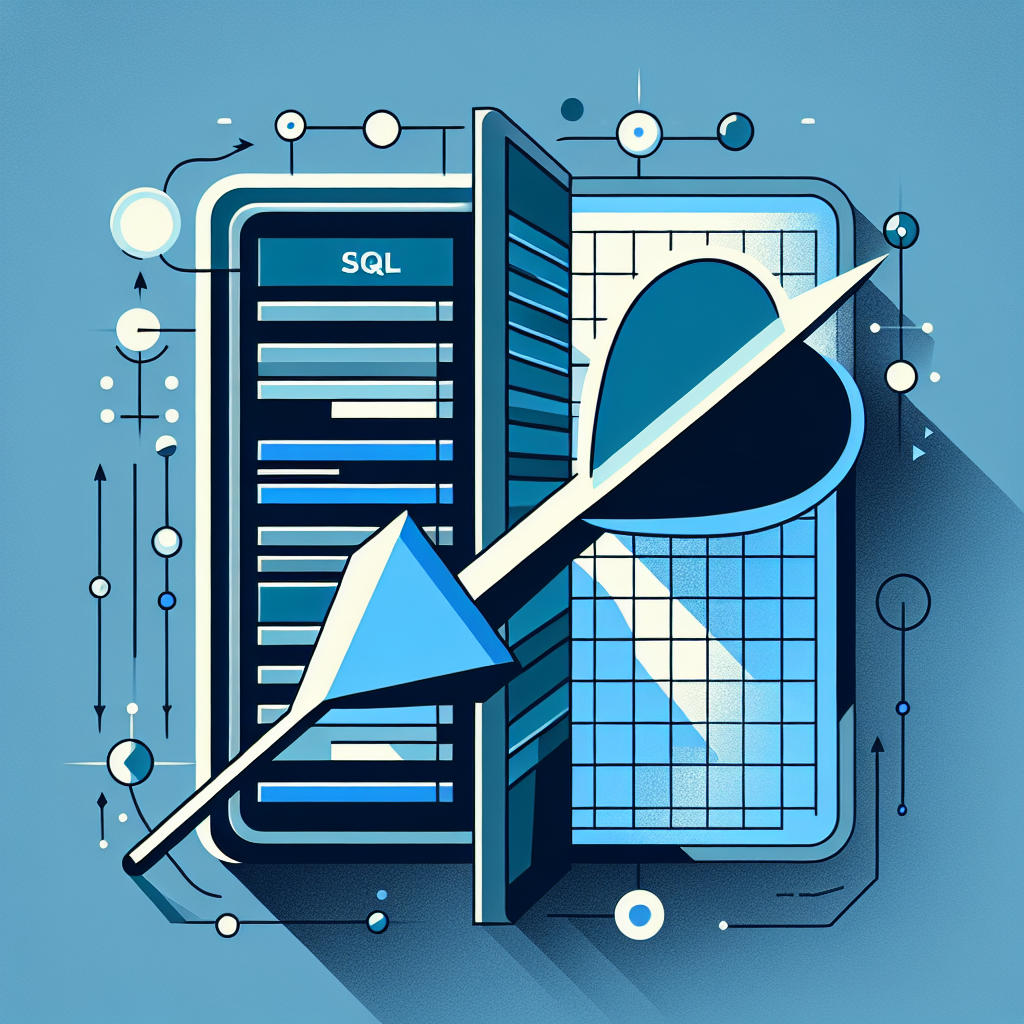Convert SQL to Dart Effortlessly | Fast & Simple Tool
Convert SQL queries to Dart effortlessly with our tool. Enhance your productivity with seamless SQL to Dart code transformation. Try it now for free!
Source Code
Converted Code
Output will appear here...
Transform your SQL queries into efficient Dart code with our SQL to Dart converter. This tool streamlines database integration in Flutter apps, enhancing productivity by automating code translation. Ideal for developers seeking seamless data manipulation, it ensures faster app development and robust performance.

SQL to Dart Conversion Tool Link to this section #
Transforming SQL queries into Dart code is a crucial step for developers building Flutter applications that require database interaction. The SQL to Dart tool simplifies this process by converting complex SQL queries into Dart code efficiently and accurately. This tool is invaluable for developers looking to streamline database operations within their Flutter apps.
Key Features Link to this section #
- Automated Conversion: Instantly translates SQL commands into Dart, saving time and reducing errors.
- Easy Integration: The generated Dart code can be seamlessly integrated into existing Flutter applications.
- Syntax Highlighting: Enhances readability and understanding of the converted code with proper syntax highlighting.
Benefits Link to this section #
- Efficiency: Drastically reduces the time spent on manual code translation.
- Accuracy: Minimizes human error in SQL to Dart conversion process.
- Productivity: Allows developers to focus on app functionality rather than manual code translation.
Sample Code Snippet Link to this section #
Here's an example of how a SQL query is transformed into Dart code:
SQL Query:
SELECT * FROM users WHERE age > 18;
Converted Dart Code:
final String query = '''
SELECT * FROM users WHERE age > 18;
''';
// Execute the query using your database package
Related Concepts Link to this section #
- Dart Programming Language: Learn more about Dart
- SQL Queries: Explore SQL basics
- Flutter Framework: Get started with Flutter
This tool is essential for developers working with databases in their Flutter applications, ensuring that the transition from SQL to Dart is both smooth and efficient. Whether you're a seasoned developer or new to Flutter, this tool offers a streamlined approach to database management.
Frequently Asked Questions
How can I execute SQL queries in a Dart application?
To execute SQL queries in a Dart application, you can use the `sqflite` package, which provides a way to interact with SQLite databases. You need to add `sqflite` and optionally `path_provider` to your `pubspec.yaml` file to manage database paths. After setting up, you can open a database connection, execute SQL queries, and handle results directly in Dart.
What is the best practice for mapping SQL query results to Dart objects?
The best practice for mapping SQL query results to Dart objects is to create a data model class that represents the structure of your database table. You can then write methods within this class to convert between a database row map and your Dart object. Using the `fromMap` and `toMap` methods is a common approach to handle this conversion efficiently.
How do I handle database migrations in a Dart application using SQL?
To handle database migrations in a Dart application using SQL, you should manage version control of your database schema using the `sqflite` package. Implement the `onUpgrade` and `onDowngrade` callbacks when opening your database to define how to migrate your existing users from one version of the database to another. This might include adding new tables, dropping tables, or modifying existing columns.